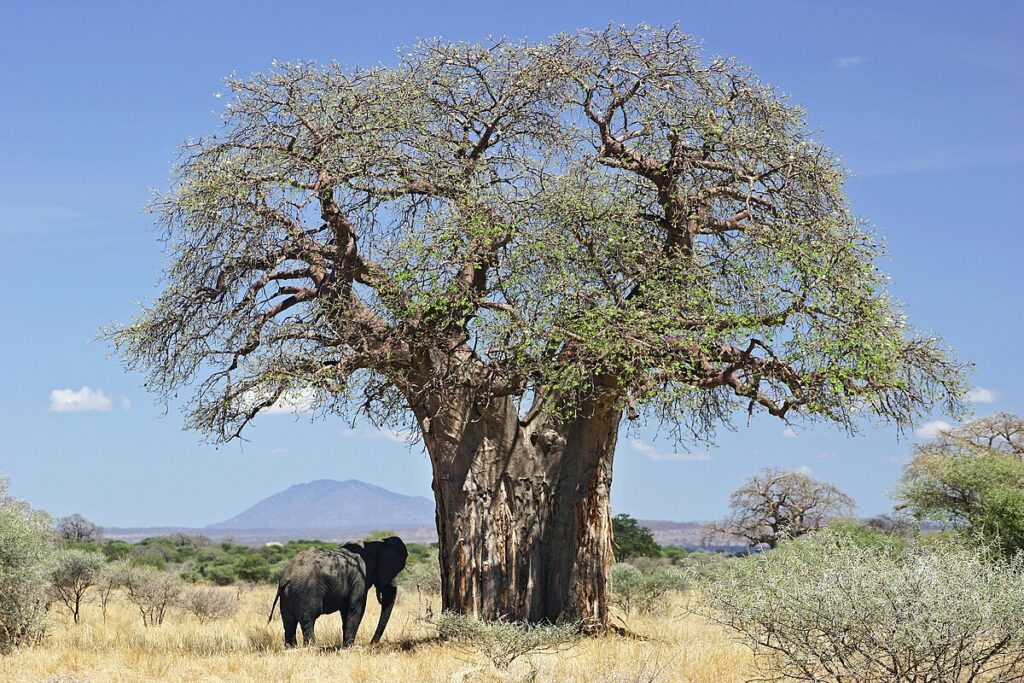Africa is a continent rich in potential, yet it continues to grapple with a recurring theme of failed leadership. The post-independence era brought high hopes for transformation and prosperity, but decades later, ethical leadership remains a mirage. Many leaders have squandered opportunities for progress, prioritizing personal gain over public welfare. This moral vacuum has stymied development, eroded trust in institutions, and entrenched cycles of poverty and inequality.
Corruption
One of the most glaring failures of ethical leadership is the persistence of corruption. Transparency International’s 2023 Corruption Perceptions Index ranked several African nations among the worst globally.
For example, Nigeria, Africa’s largest economy, has been plagued by monumental scandals. The infamous $2.1 billion arms procurement fraud, where funds meant to combat Boko Haram were allegedly embezzled, epitomizes the betrayal of public trust.
Similarly, South Africa’s state capture saw billions siphoned off through corrupt deals with the Gupta family, weakening institutions and crippling public services.
Another failure of ethical leadership is the exploitation of natural resources for personal enrichment. The Democratic Republic of Congo (DRC), endowed with vast mineral wealth, should be an economic powerhouse. Instead, it remains one of the poorest nations globally due to leadership failures.
Successive regimes have allowed multinational corporations and political elites to plunder resources, often at the expense of local communities. Joseph Kabila’s period in office, for example, was marred by allegations of corruption and resource mismanagement, leaving the nation mired in conflict and poverty.
Leadership failure
The lack of accountability is another hallmark of leadership failures in Africa. Leaders often manipulate constitutions and electoral systems to cling to power.
In Uganda, President Yoweri Museveni has been in power since 1986, having removed term and age limits to extend his rule. Such actions not only undermine democratic principles but also entrench authoritarianism, silencing dissent and stifling innovation.
Similarly, in Zimbabwe, Robert Mugabe’s 37-year rule left the nation economically devastated, with hyperinflation and mass unemployment as enduring legacies.
The consequences of unethical leadership are dire. Public resources that could build schools, hospitals, and infrastructure are diverted into private pockets. Citizens lose faith in governance, often resorting to protests or, in extreme cases, fleeing their homelands in search of better opportunities.
The African youth, a demographic brimming with potential, are particularly disillusioned. Unemployment, poor education systems, and a lack of opportunities leave many feeling abandoned by their leaders.
Glimmers of hope
However, all is not lost. Ethical leadership can be cultivated by prioritizing transparency, accountability, and inclusivity.
Countries like Botswana and Rwanda provide glimmers of hope. Botswana’s commitment to good governance has made it one of Africa’s most stable and prosperous nations, while Rwanda’s zero-tolerance policy on corruption has spurred rapid development. These examples underscore the transformative potential of ethical leadership.
Africa’s challenges are not insurmountable, but they demand leaders who prioritize the collective good over personal ambition. Until such leadership becomes the norm rather than the exception, the continent’s promise will remain deferred.
It is time for a new generation of leaders to rise, guided by integrity and a commitment to uplifting their people. The stakes have never been higher, but neither has the potential for a brighter future.


